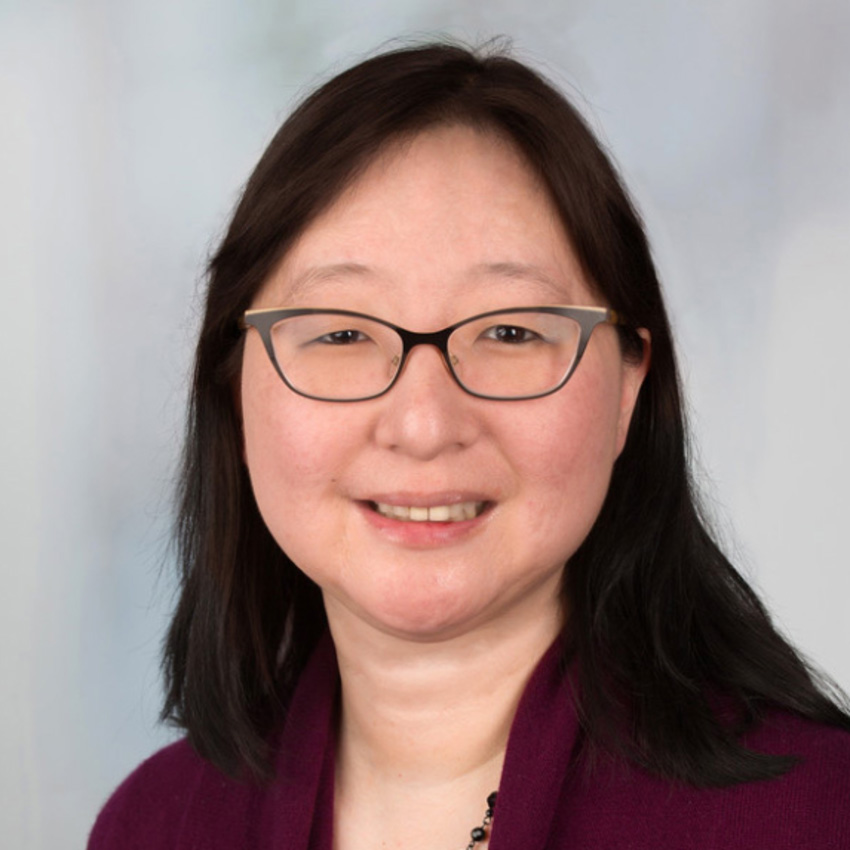Acute Myeloid Leukemia: Evidence-Based Guidance on Current Paradigms and New Therapeutic Approaches - Baseline Assessment
Launch Date:
April 14, 2022
April 14, 2022
In this section, we will ask a series of questions regarding treatment and adverse event management strategies for patients with AML. We will ask the questions twice: at Baseline and Final. These questions are intended to help gauge the educational impact of this program.
Amir T. Fathi, MD
Director, Leukemia Program
Massachusetts General Hospital
Associate Professor of Medicine
Harvard Medical School
Boston, Massachusetts
 Dr. Amir Fathi is Director of the Leukemia Program at Massachusetts General Hospital and an Associate Professor of Medicine at Harvard Medical School in Boston, Massachusetts. He earned his medical degree from the Yale University School of Medicine in New Haven, Connecticut, residency training at Massachusetts General Hospital in Boston, and a fellowship in hematology/oncology from Johns Hopkins Hospital in Baltimore, Maryland, and a Master of Science degree in Epidemiology from the Harvard T. H. Chan School of Public Health in Boston.
Dr. Amir Fathi is Director of the Leukemia Program at Massachusetts General Hospital and an Associate Professor of Medicine at Harvard Medical School in Boston, Massachusetts. He earned his medical degree from the Yale University School of Medicine in New Haven, Connecticut, residency training at Massachusetts General Hospital in Boston, and a fellowship in hematology/oncology from Johns Hopkins Hospital in Baltimore, Maryland, and a Master of Science degree in Epidemiology from the Harvard T. H. Chan School of Public Health in Boston.Dr. Fathi’s research includes conducting clinical trials of novel therapies and engaging in translational research in the fields of leukemia and bone marrow diseases. He leads multiple clinical trials for such patients at the Dana Farber Harvard Cancer Center, with specific interest in aurora kinase inhibition, FLT3 inhibition, IDH-inhibition, and antibody-drug conjugates as novel therapeutic approaches for patients with acute leukemias. He has authored/coauthored more than 125 peer-review articles on acute myeloid leukemia and other leukemias and bone marrow diseases.
Eunice S. Wang, MD
Professor, Oncology
Chief, Leukemia Service
Department of Medicine
Roswell Park Comprehensive Cancer Center
Buffalo, New York

Dr. Eunice Wang is the Chief of the Leukemia Service and Professor of Oncology at Roswell Park Comprehensive Cancer Center in Buffalo, New York, and is an Associate Professor, Department of Medicine, at the Jacobs School of Medicine & Biomedical Sciences, University of Buffalo. She earned her medical degree from the University of Southern California Keck School of Medicine and completed residency training in internal medicine at Yale-New Haven Hospital, New Haven, Connecticut, followed by a clinical hematology/oncology and research fellowship at Memorial Sloan Kettering Cancer Center in New York, New York.
Dr. Wang’s clinical research focuses on the development of early stage clinical trials for acute leukemias (AML, ALL) and myeloproliferative disorders. Her translational research interests involve the development of novel biological therapies targeting the bone marrow microenvironment for myeloid malignancies. Dr. Wang has authored/co-authored over 90 peer-reviewed articles, multiple book chapters, and editorials. She is a prior recipient of a NIH Cancer Clinical Investigator Team Leadership Award and a Mentored Research Scholar award from the American Cancer Society. Dr. Wang is certified by the American Board of Internal Medicine for internal medicine, medical oncology, and medical hematology. She is a member of the American Society of Clinical Oncology, American Association for Cancer Research, and American Society of Hematology.
Dr. Wang’s clinical research focuses on the development of early stage clinical trials for acute leukemias (AML, ALL) and myeloproliferative disorders. Her translational research interests involve the development of novel biological therapies targeting the bone marrow microenvironment for myeloid malignancies. Dr. Wang has authored/co-authored over 90 peer-reviewed articles, multiple book chapters, and editorials. She is a prior recipient of a NIH Cancer Clinical Investigator Team Leadership Award and a Mentored Research Scholar award from the American Cancer Society. Dr. Wang is certified by the American Board of Internal Medicine for internal medicine, medical oncology, and medical hematology. She is a member of the American Society of Clinical Oncology, American Association for Cancer Research, and American Society of Hematology.
1.
Evaluate the clinical data on prognostic or predictive molecular features or aberrations in AML and describe their clinical importance in terms of diagnosis, risk prediction, assessment of measurable residual disease, and therapeutic decisions
2.
Plan evidence-based therapeutic strategies for older unfit patients, those with preexisting comorbidities, and/or those with secondary AML using novel targeted agents or formulations and refinements of conventional chemotherapy
3.
Select optimal maintenance treatment following induction therapy for patients who are not candidates for, or who choose not to proceed to, hematopoietic stem cell transplantation
4.
Develop personalized treatment plans for patients with newly diagnosed or relapsed/refractory AML with FLT3 or IDH1/2 mutations or positive for CD33
5.
Identify/manage treatment-related toxicities associated with novel therapeutics
